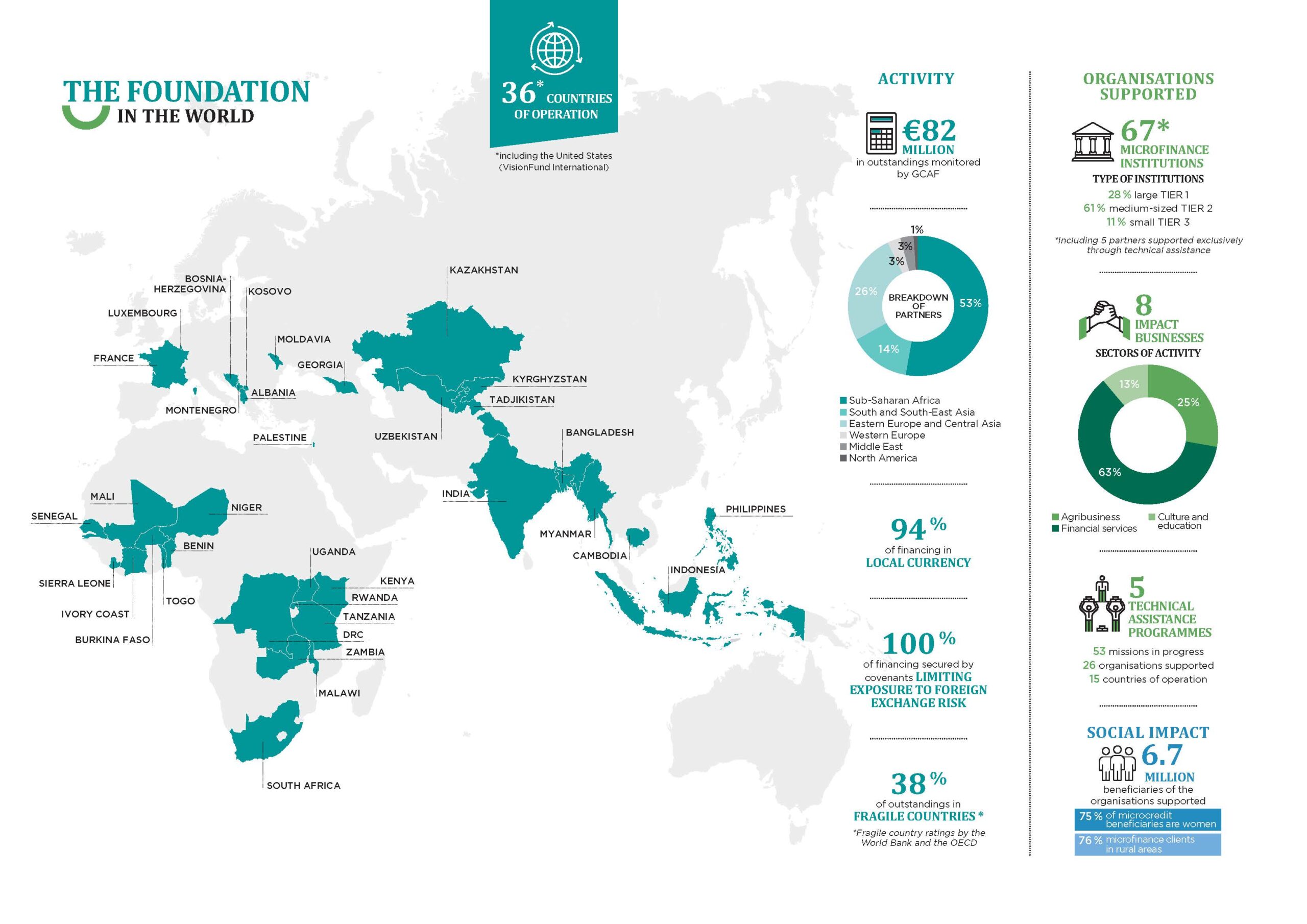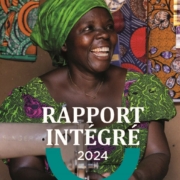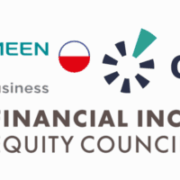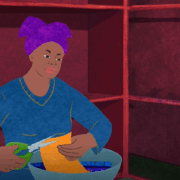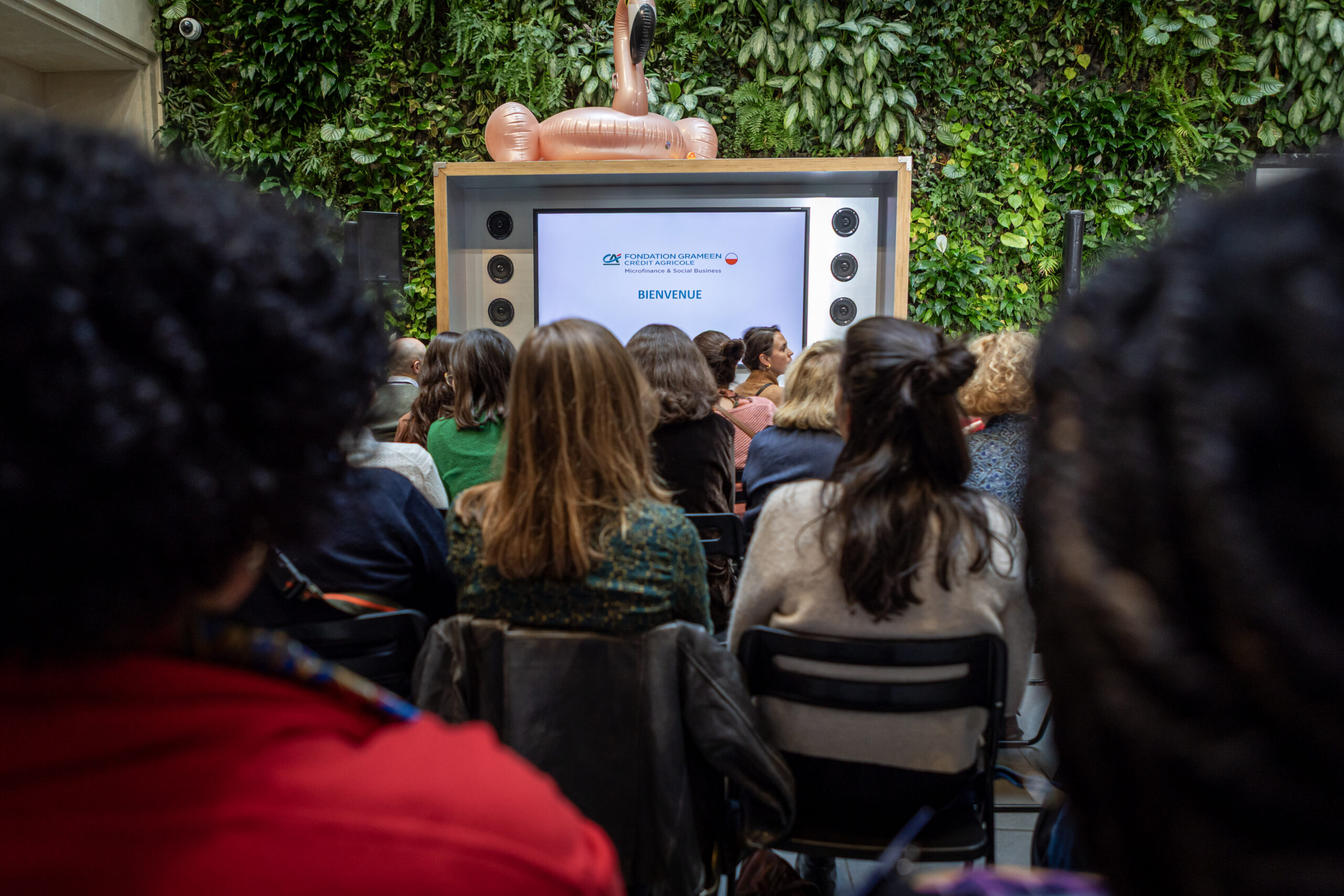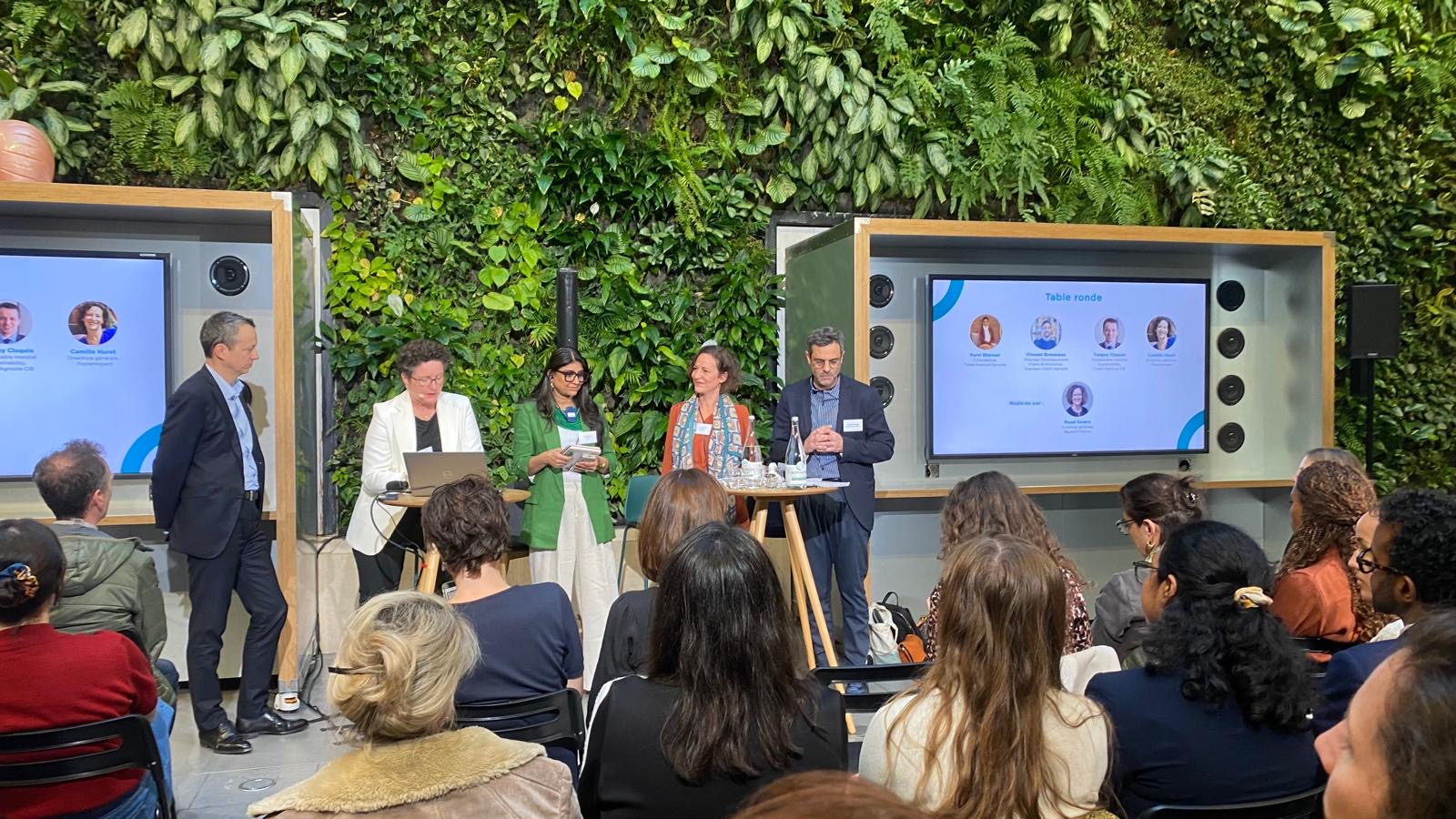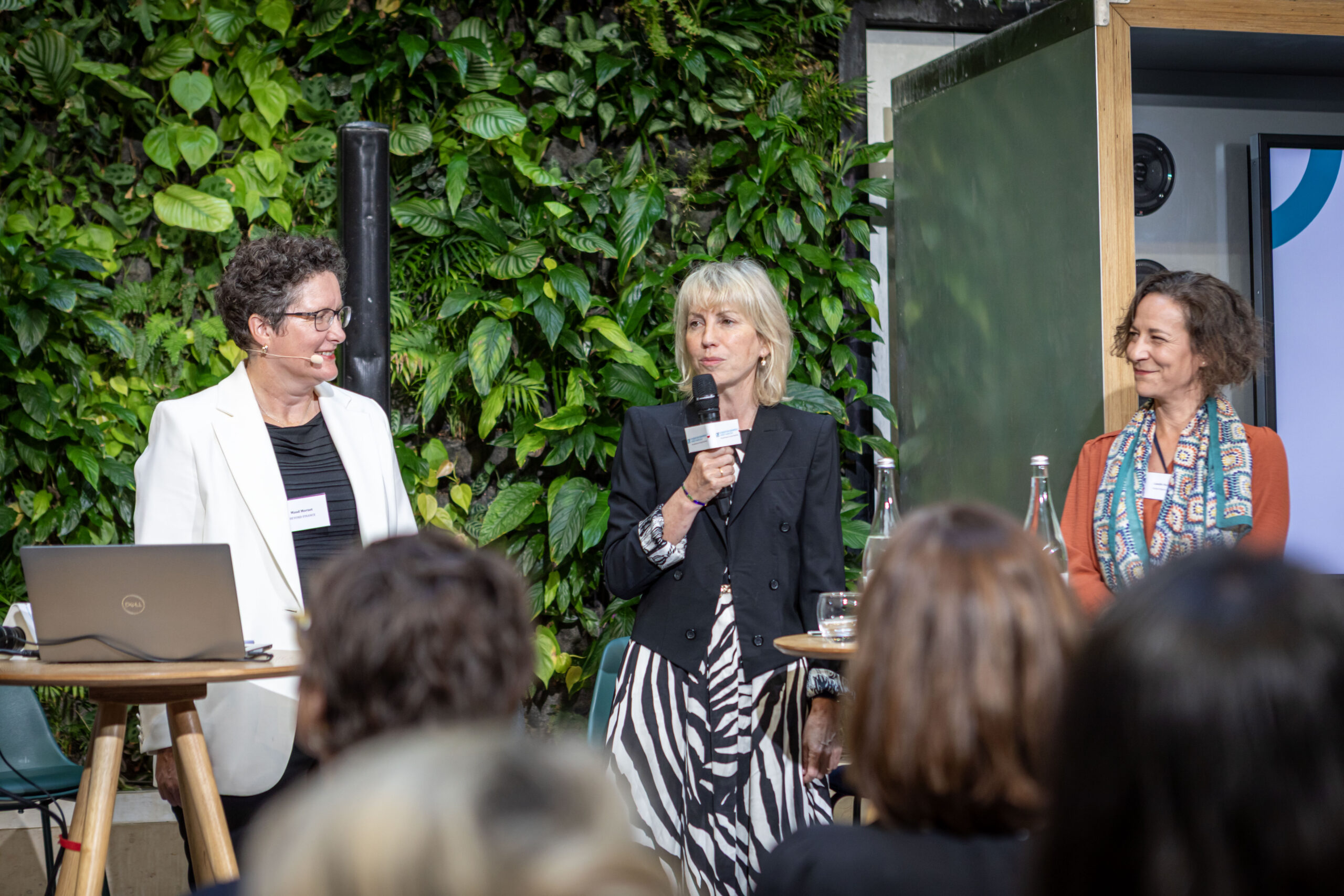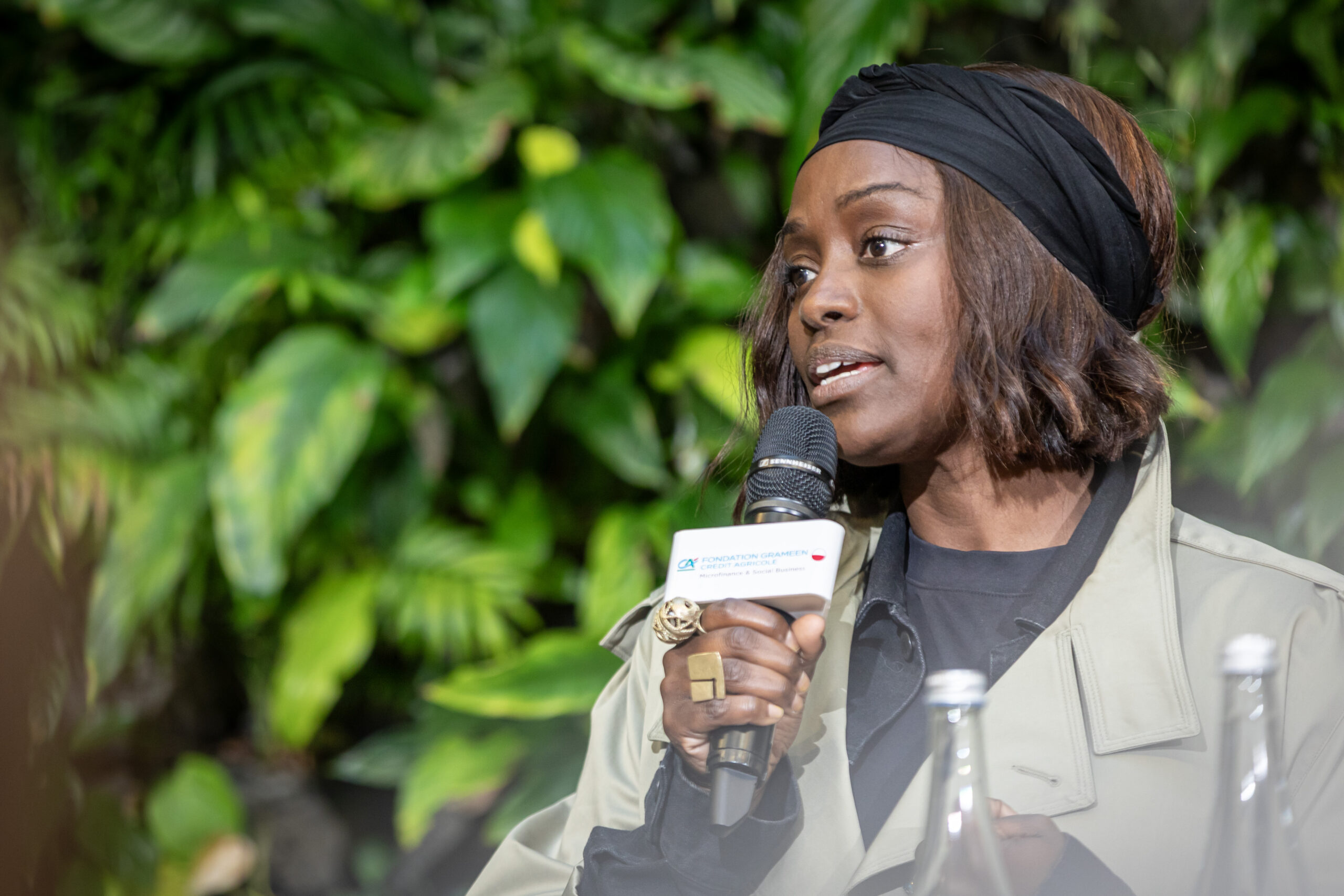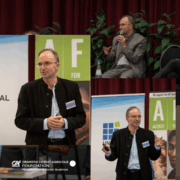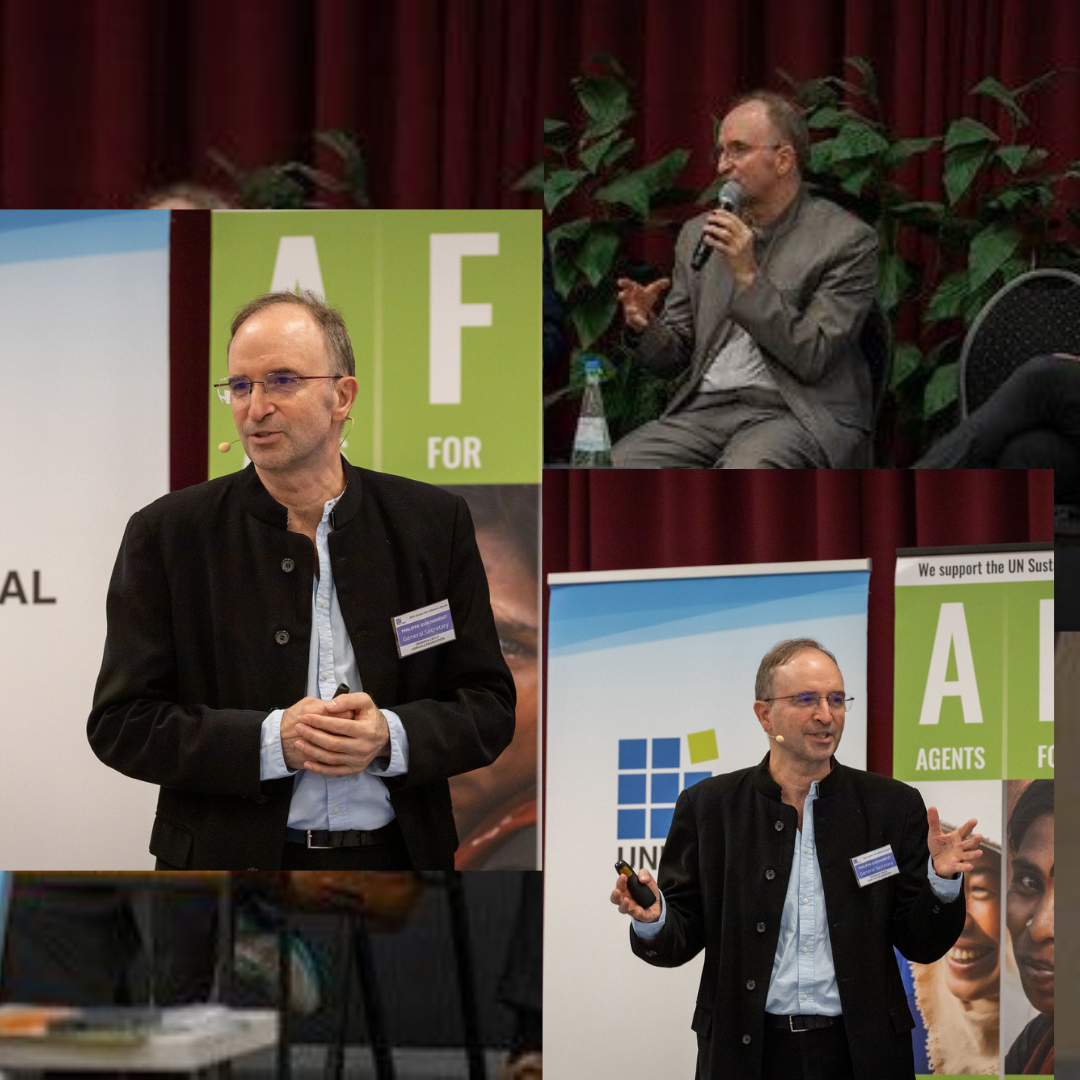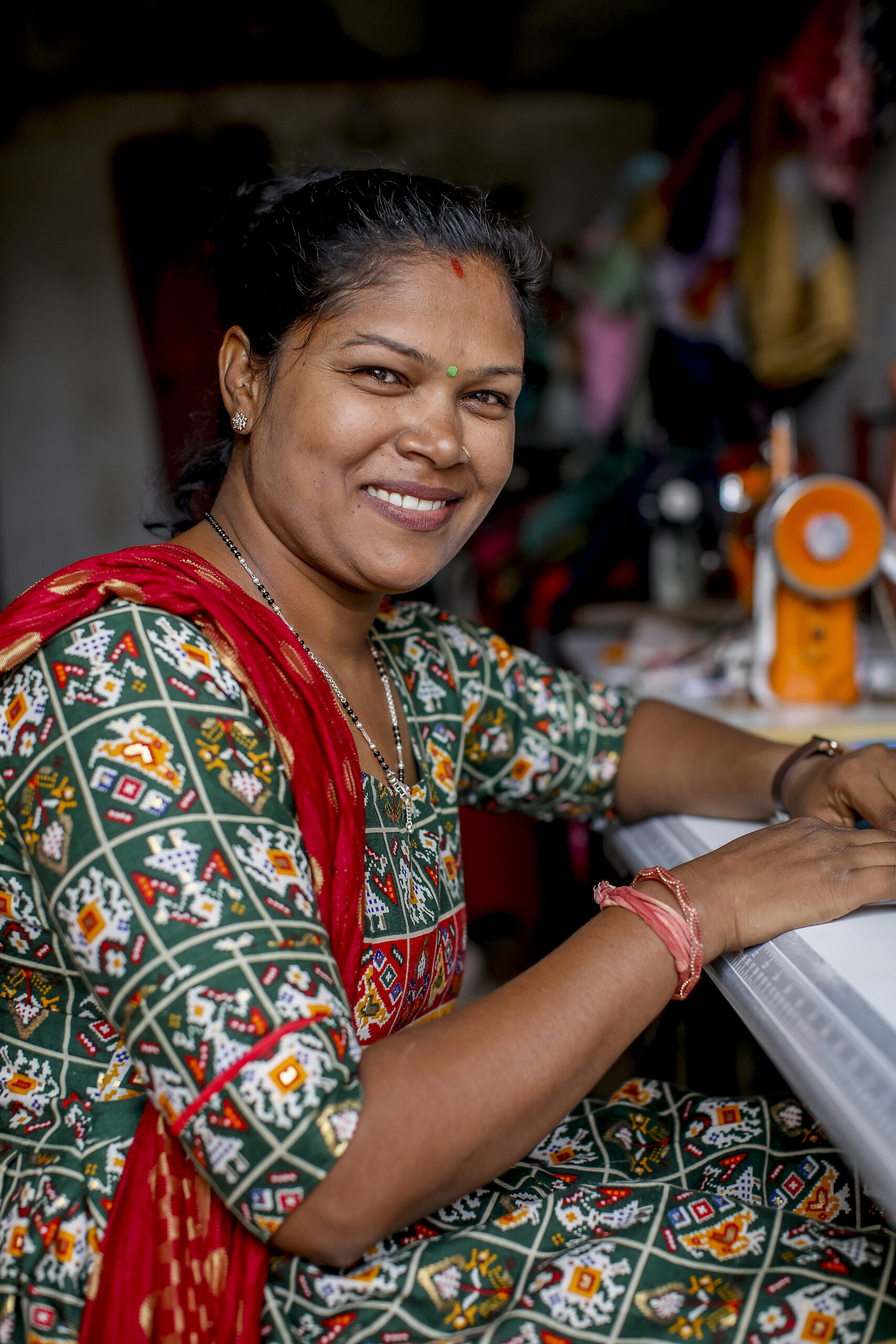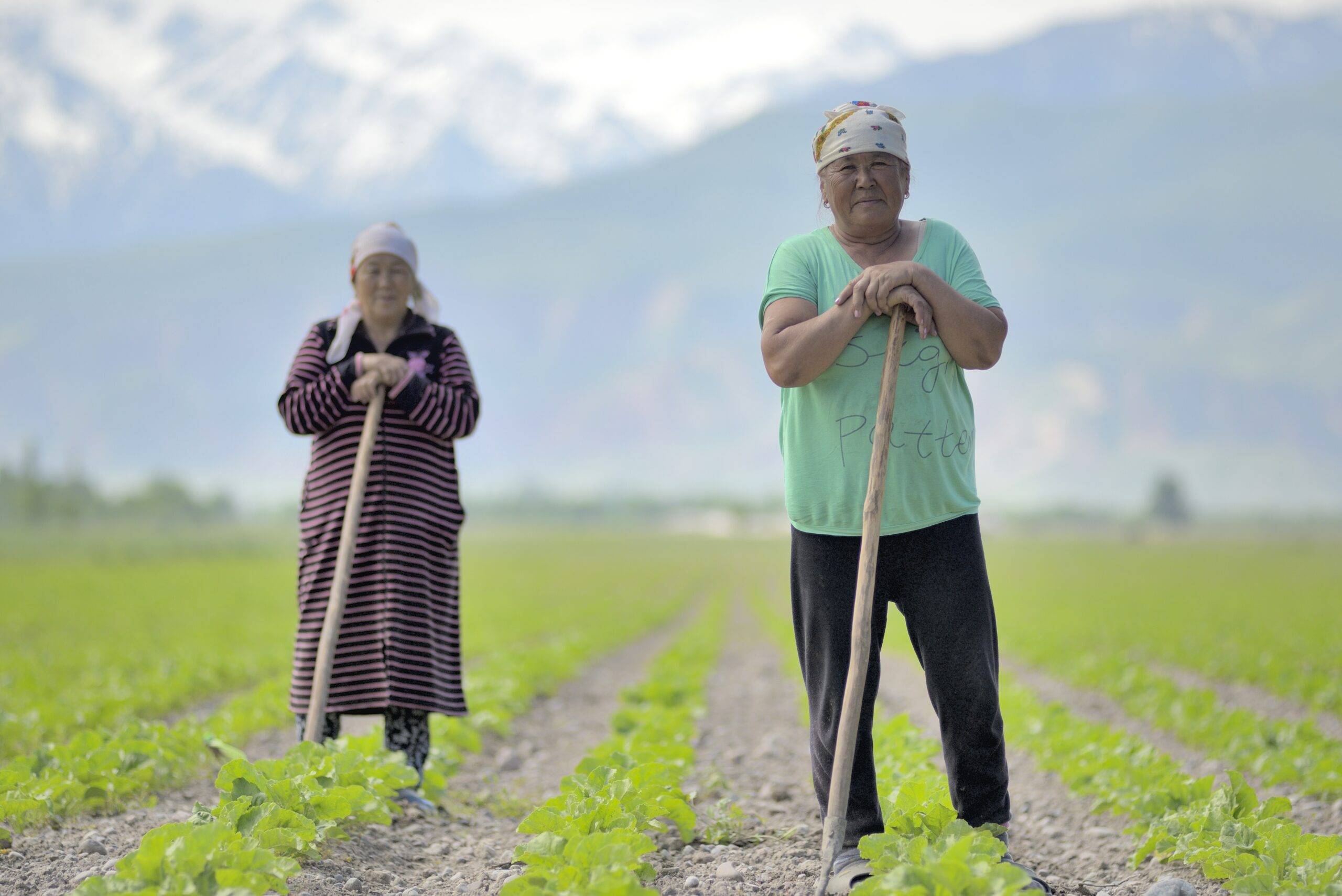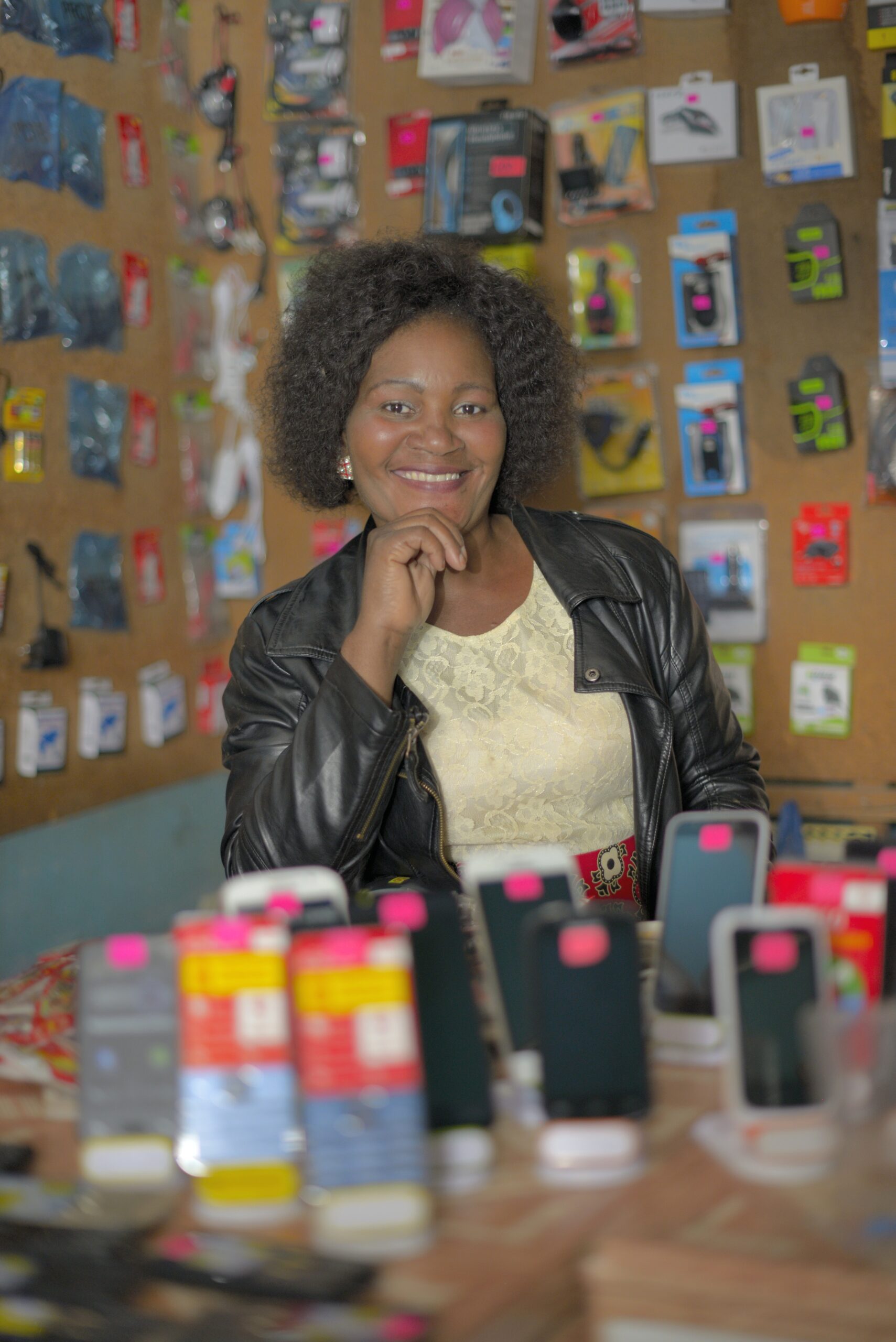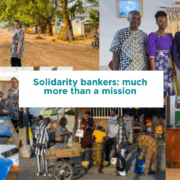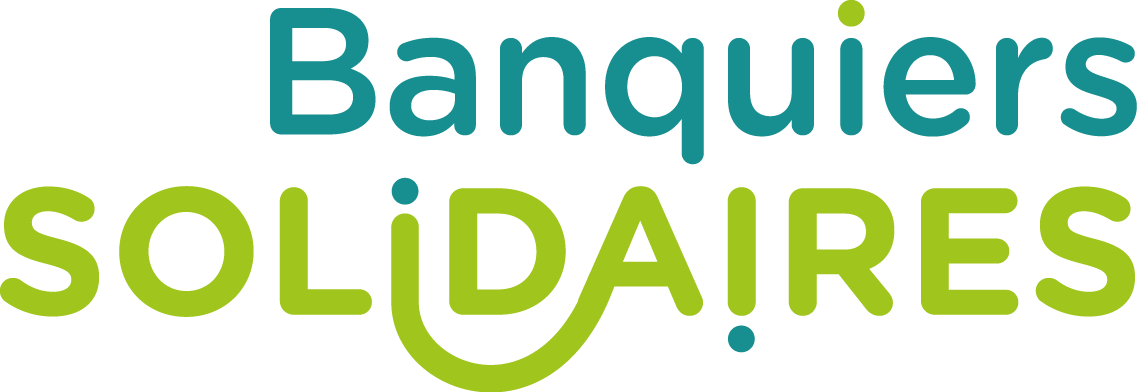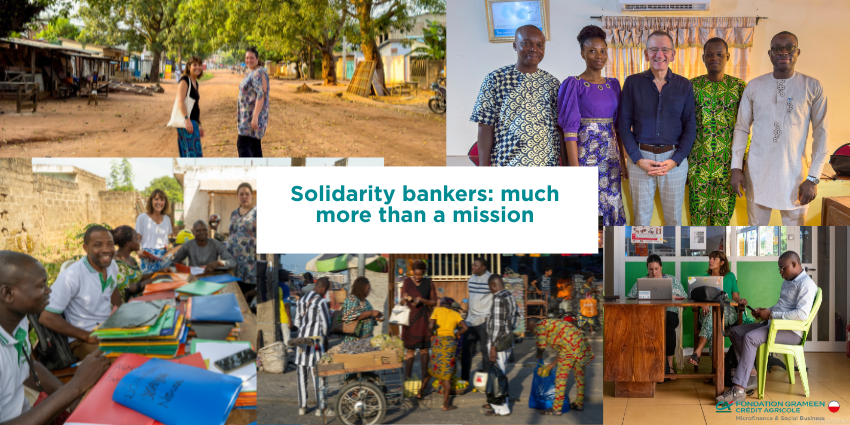
English version below ⬇
French version below ⬇
Spanish version a continuation ⬇
How has the reduction in international aid impacted your work? Share your experiences, challenges, or adaptations
This survey is initiated by Grameen Crédit Agricole in partnership with CERISE+SPTF and the Financial Inclusion Equity Council (FIEC), two networks which bring together many field practitioners among their members.
It aims at assessing the impact on the financial inclusion sector of the downsizing and redefinition of international assistance following the USA and other countries' aid contribution shrinkage to development programs worldwide.
Even though inclusive finance is essentially based on self-sustainability, Financial Services Providers (FSPs) and many of their clients may rely directly or indirectly on aid-supported programs in the areas of economic stability, access to essential services in health, education, infrastructure and energy.
The survey will take 5 to 10 minutes of your time. You can answer it until August 18th. We will share the results with you by October 2025. Thank you for contributing!
International assistance[1] has been reduced since 2024 (source: OECD, June 2025) and even more dramatically following the USAID abrupt shutdown (from programs worth 120 bn USD in Jan 2025 down to 69 bn USD in May 2025 (source: NY Times, June 2025). “There is not a single area of development and humanitarian assistance USAID has not been involved in,” said Oxfam America's President and CEO Abby Maxman. Following this path, many countries are reducing their budget dedicated to foreign aid.
[1] International assistance is understood as aid, support, or resources provided by one country, international organization, or non-governmental entity to another country or population in need. often coordinated through multilateral organizations like the United Nations, the World Bank, or regional bodies, as well as through bilateral agreements between countries.
————————————————————-
How does the reduction in international aid impact your work? Share your experiences, challenges and adaptations.
This survey is being undertaken by Grameen Crédit Agricole in partnership with CERISE+SPTF and the Financial Inclusion Equity Council (FIEC), two networks that bring together many field actors among their members.
It aims to assess the impact on the financial inclusion sector of the reduction and redefinition of international aid following the decrease in the contribution of the United States and other countries to development programs around the world.
Although inclusive finance is essentially based on self-reliance, financial service providers (FSPs) and a large proportion of their clients and beneficiaries may depend directly or indirectly on aid-supported programs in the areas of economic stability, access to essential services in health, education, infrastructure and energy.
The survey will take 5 to 10 minutes of your time. You can complete it until August 18. We will share the results by October 2025. Thank you for your contribution!
International aid [1] has been reduced since 2024 (source: OECD, June 2025) and even more drastically following the abrupt cessation of USAID (falling from programs worth $120 billion in January 2025 to $69 billion in May 2025 (source: NY Times, June 2025). "There is not a single area of development and humanitarian assistance in which USAID has not been involved," said Abby Maxman, President and CEO of Oxfam America. In this vein, many countries are cutting their foreign aid budgets.
[1] International aid is defined as assistance, support, or resources provided by a country, international organization, or non-governmental entity to another country or population in need. It is often coordinated by multilateral organizations such as the United Nations, the World Bank, or regional bodies, as well as bilateral agreements between countries.
————————————————————-
How has the reduction of the international industry impacted your work? Compare our experiences, disappointments and adaptations.
This investigation was initiated by Grameen Crédit Agricole in its association with CERISE+SPTF and the Financial Inclusion Equity Council (FIEC), which has many of its members joining us.
This objective is to evaluate the impact in the sector of financial inclusion of the reduction and redefinition of international assistance, through the reduction of the contribution of EE.UU. and other countries to download programs all over the world.
Not all inclusive finances are based primarily on self-sustainability, financial service providers (PSF) and many of our clients and beneficiaries may depend directly or indirectly on programs supported by the availability of economic stability or access to services. essential for access to health, education, infrastructure and energy.
The encuesta will take 5 to 10 minutes to wait. You can respond until 18 August. The results of the survey will be reported in October 2025. Thanks for your contribution!
International assistance [1] will be reduced from 2024 (source: OECD, June 2025) there is a more dramatic drop in USAID's program (from programs worth 120 million USD in energy from 2025 to 69 million USD in May 2025 (source: NY Times, June 2025). “There is only one area of relief and humanitarian assistance where USAID has not been involuted,” says Abby Maxman, President and CEO of Oxfam America. If you follow this trend, many of the landscapes are reduced on the assumption dedicated to the exterior door.
[1] International assistance is understood as the country, the support or the resources provided by a country, an international organization or a non-governmental entity in another country or necessary population, a menu coordinated through multilateral organizations such as the United Nations, and Banco Mundial and regional organizations, as well as bilateral contacts between countries.
